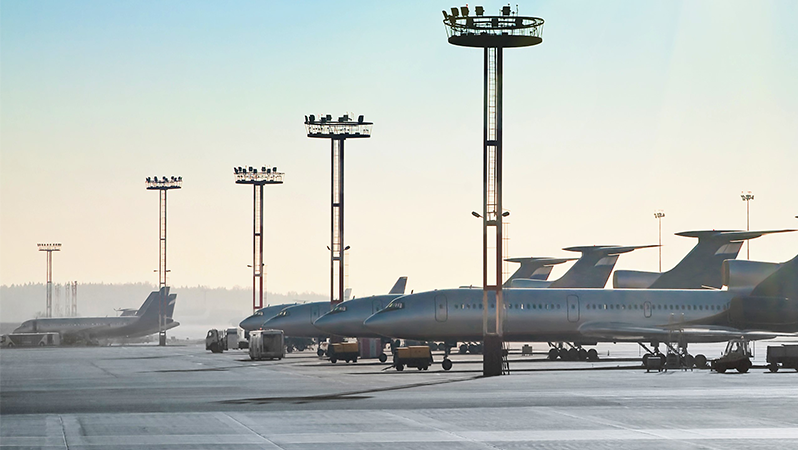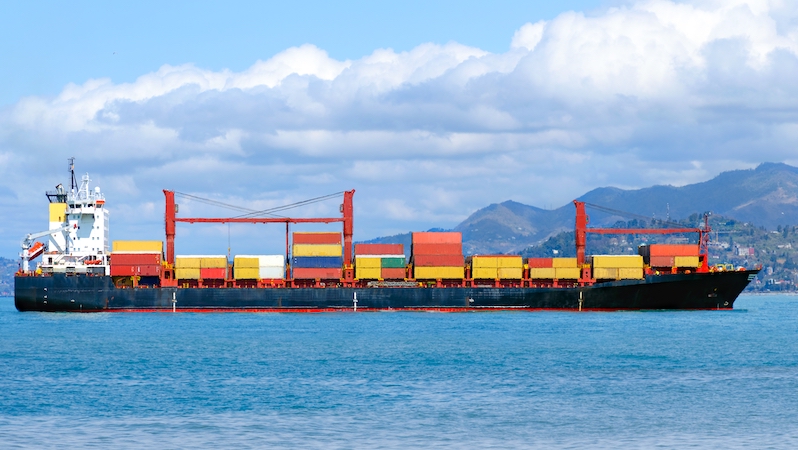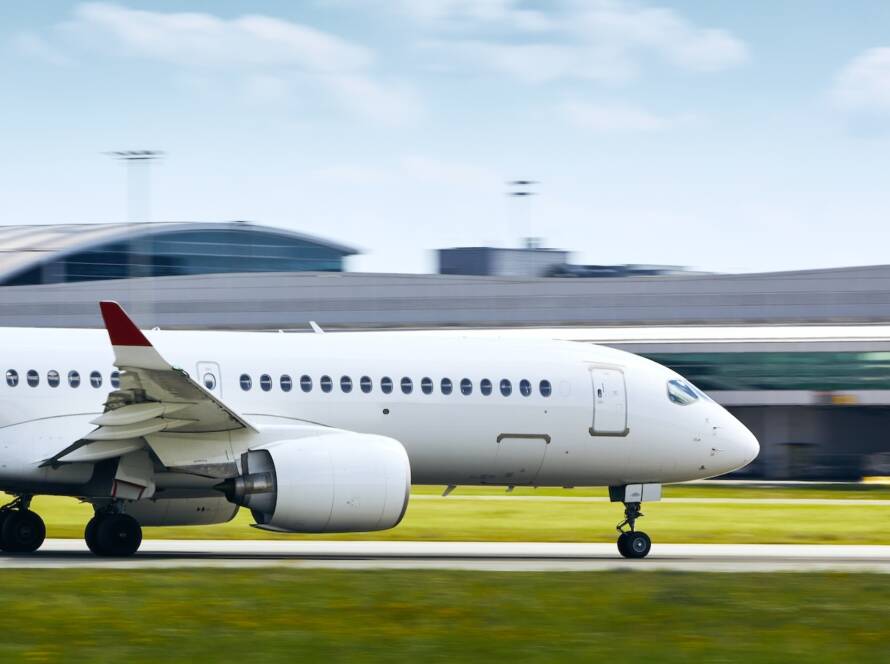A collection of precedents against airlines on strikes not to be considered as extraordinary circumstance

The judgement dated October 6, 2021 concerns the interpretation of Article 5(3) of Regulation (EC) No 261/2004 of the European Parliament and of the Council of 11 February 2004 establishing common rules on compensation and assistance to passengers in the event of denied boarding and of cancellation or long delay of flights.
A passenger reserved a seat on a flight from Salzburg (Austria) to Berlin (Berlin-Tegel Airport, Germany), that flight, which was supposed to be operated by Eurowings on 20 October 2019, had to be cancelled due to a strike by the cabin crew of that operating air carrier.
The strike was the result of collective bargaining made by a union with Lufthansa AG, which is the parent company of Eurowings; on 18 October 2019, in order to drive the negotiations forward and increase the pressure on the parent company of the group, such union decided to extend the strike notice of 14 October 2019 to the employees of several subsidiary companies, including Eurowings; furthermore, the strike, which was originally scheduled to take place on 20 October 2019 from 5.00 to 11.00, was extended, on the same day and without notice, until midnight; as a result, Eurowings had to cancel 158 of the 712 flights planned for 20 October 2019, including claimant’s flight. Consequently, the passenger of Eurowings claimed the flat-rate compensation (provided for by Articles 5(1)c and 7(1)a of the European Regulation) for the cancellation of his flight.
The ECJ ruled that “Article 5(3) of Regulation (EC) No 261/2004 … must be interpreted as meaning that strike action intended to assert workers’ demands with regard to salary and/or social benefits, which is entered into upon a call by a trade union of the staff of an operating air carrier in solidarity with strike action which was launched against the parent company of which that air carrier is a subsidiary, which is observed by a category of the staff of that subsidiary whose presence is necessary to operate a flight and which continues beyond the period originally announced by the trade union which called the strike, in spite of the fact that an agreement has been reached in the meantime with the parent company, is not covered by the concept of ‘extraordinary circumstances’ within the meaning of that provision”.
This decision should be read as a collection of case law precedents relating to the fundamental interpretations produced by the ECJ on the subject of strike understood as an exceptional circumstance according to the provisions of Article 5(3) of Regulation (EC) No 261/2004. At the same time, on closer inspection, this judgment goes even further; in this respect, it is essential to read paragraphs from 19 to 33 of this judgment, in which the ECJ recalls, reaffirms and holds that:
Paragraph 19: “The concept of ‘extraordinary circumstances’ within the meaning of Article 5(3) of Regulation No 261/2004, which must be interpreted strictly, refers to events which, by their nature or origin, are not inherent in the normal exercise of the activity of the air carrier concerned and are beyond that carrier’s actual control; those two conditions are cumulative and their fulfilment must be assessed on a case-by-case basis (see, to that effect, judgment of 23 March 2021, Airhelp, C‑28/20, EU:C:2021:226, paragraphs 23 and 24 and the case-law cited)”;
Paragraph 28: “it must be held that the choice of the word ‘extraordinary’ attests to the EU legislature’s intention to include in that concept only circumstances over which the operating air carrier has no control”;
Paragraph 20: “a strike nevertheless remains one of the ways in which collective bargaining may manifest itself and, therefore, must be regarded as an event inherent in the normal exercise of the activity of the employer concerned, irrespective of the particular features of the labour market concerned or of the national legislation applicable as regards implementation of the fundamental right guaranteed in Article 28 of the Charter of Fundamental Rights of the European Union”;
Paragraph 21: “Measures relating to the working and remuneration conditions of an operating air carrier’s staff fall within the normal management of that carrier’s activities (judgment of 23 March 2021, Airhelp, C‑28/20, EU:C:2021:226, paragraph 29)”;
Paragraph 22: “Thus, a strike whose objective is limited to obtaining from an air transport undertaking an increase in the cabin crew’s salary constitutes an event that is inherent in the normal exercise of that undertaking’s activity, in particular where such a strike is organised within a legal framework (see, to that effect, judgment of 23 March 2021, Airhelp, C‑28/20, EU:C:2021:226, paragraph 30)”;
Paragraph 23: “Furthermore, in so far as both the social policy within a parent company and the group policy established by that company may have an impact on the social policy and strategy of the subsidiaries in that group, a strike set in motion by the staff of an operating air carrier in solidarity with the strike observed by the staff of the parent company of which that carrier is a subsidiary cannot be regarded as an event which is not inherent in the normal exercise of the latter’s activity”;
Paragraph 24: “a strike intended to assert workers’ demands with regard to salary and/or social benefits must be regarded as an event that is not entirely beyond the actual control of the air carrier concerned (see, to that effect, judgment of 23 March 2021, Airhelp, C‑28/20, EU:C:2021:226, paragraph 36), including where the strike is set in motion in solidarity with the striking staff of the parent company of which that carrier is a subsidiary”;
Paragraph 25: “since the right to strike is, for workers, a right guaranteed by Article 28 of the Charter of Fundamental Rights of the European Union, the fact that they invoke that right and consequently launch strike action must be regarded as foreseeable for any employer, in particular where notice of the strike is given (see, to that effect, judgment of 23 March 2021, Airhelp, C‑28/20, EU:C:2021:226, paragraph 32)”;
Paragraph 26: “a strike which has been preceded by the notice required by the applicable national legislation and in respect of which it has been announced that it could spread to sectors affecting the activities of an undertaking initially not concerned by that strike does not constitute an abnormal and unforeseeable event” (paragraph 18 of the judgment of 7 May 1991, Organisationen Danske Slagterier, C‑338/89, EU:C:1991:192);
Paragraph 28: “because the occurrence of a strike constitutes an event that is foreseeable for the employer, the latter has, in principle, the means to prepare for it and, as the case may be, mitigate its consequences, with the result that the employer retains control over events to a certain extent”;
Paragraph 27: “By analogy, where a trade union issues a call to strike to the staff of a parent company, it is foreseeable that the staff of other entities in the group led by that parent company will join the strike action in solidarity or in order to defend, on that occasion, its own interests”;
Paragraph 29: “a strike by the staff of an operating air carrier cannot be classified as one of the ‘extraordinary circumstances’ referred to in Article 5(3) of that regulation where that strike is connected to demands by the staff of that carrier relating to salary and/or social conditions that are capable of being dealt with through management-labour dialogue within the group of companies to which that carrier belongs. Nor can that finding be called into question by the fact that the strikers’ demands might be unreasonable or disproportionate since, in any event, the determination of salary levels, or, more generally, working conditions, falls within the scope of the employment relationship between the employer and its workers (see, to that effect, judgment of 23 March 2021, Airhelp, C‑28/20, EU:C:2021:226, paragraphs 37 and 38)”;
Paragraph 31: “On the other hand, a strike set in motion and observed by members of an operating air carrier’s own staff is an event ‘internal’ to that undertaking, including in the case of a strike set in motion upon a call by trade unions, since they are acting in the interest of that undertaking’s workers. If, however, such a strike originates from demands which only the public authorities can satisfy and which, accordingly, are beyond the actual control of the air carrier concerned, it is capable of constituting ‘extraordinary circumstances’ within the meaning of Article 5(3) of Regulation No 261/2004 (judgment of 23 March 2021, Airhelp, C‑28/20, EU:C:2021:226, paragraphs 44 and 45)”;
Paragraph 32: “Even assuming that, under national law, exceeding the period originally announced by the trade union which called the strike would lead that strike to be classified as unlawful, this would have no bearing on the way in which that strike is classified with regard to Article 5(3) of Regulation No 261/2004 (see, to that effect, judgment of 17 April 2018, Krüsemann and Others, C‑195/17, C‑197/17 to C‑203/17, C‑226/17, C‑228/17, C‑254/17, C‑274/17, C‑275/17, C‑278/17 to C‑286/17 and C‑290/17 to C‑292/17, EU:C:2018:258, paragraph 46)”;
Paragraph 33: “making a distinction between strikes which, under the applicable national law, are legal and those which are not in order to determine whether they are to be classified as ‘extraordinary circumstances’ within the meaning of Article 5(3) of Regulation No 261/2004 would make the right to compensation of passengers dependent on the social legislation specific to each Member State, thereby undermining the objectives of Regulation No 261/2004, referred to in recitals 1 and 4 of that regulation, which are to ensure a high level of protection for passengers as well as equivalent conditions for the exercise of the activities of air carriers on the territory of the European Union (judgment of 17 April 2018, Krüsemann and Others, C‑195/17, C‑197/17 to C‑203/17, C‑226/17, C‑228/17, C‑254/17, C‑274/17, C‑275/17, C‑278/17 to C‑286/17 and C‑290/17 to C‑292/17, EU:C:2018:258, paragraph 47)”;
Indeed, with this new judgement, the Court continues along its path (almost reaching the end of the line) of making the operational life of airlines particularly difficult through its very narrow interpretation of Article 5(3) of the Regulation; this is especially so in this post-pandemic period when airlines are busy trying to get off the ground again, and even more so in the immediate future when industrial relations with trade unions will be even tougher due to likely worsening employment problems





